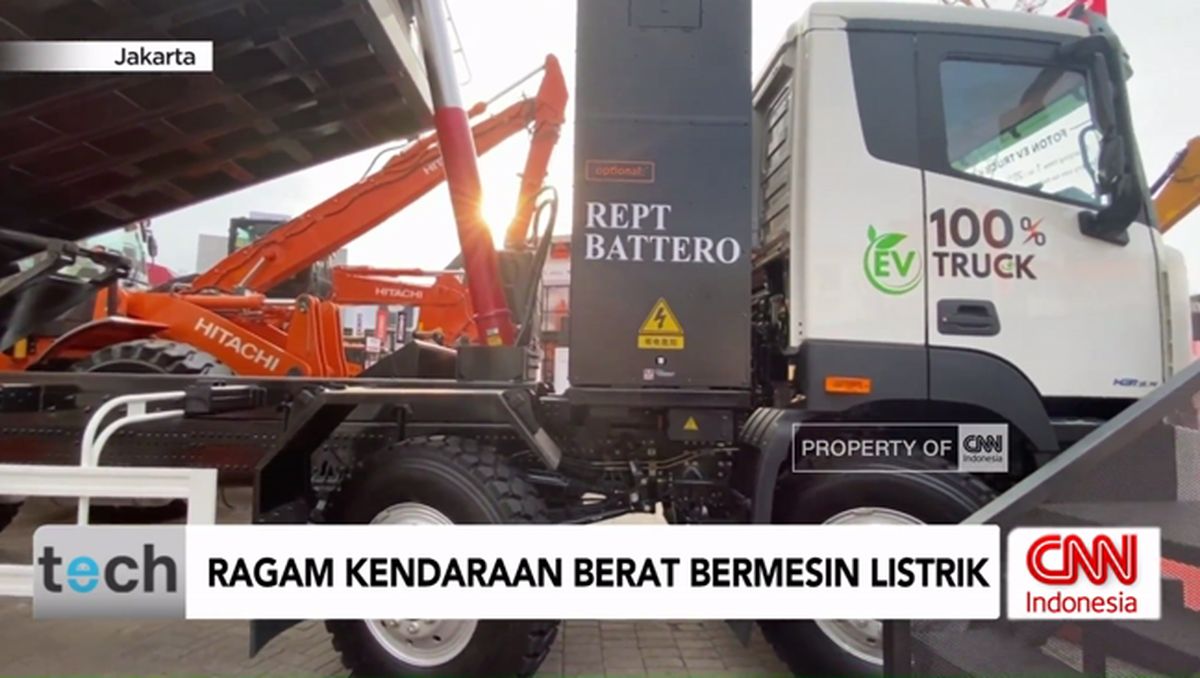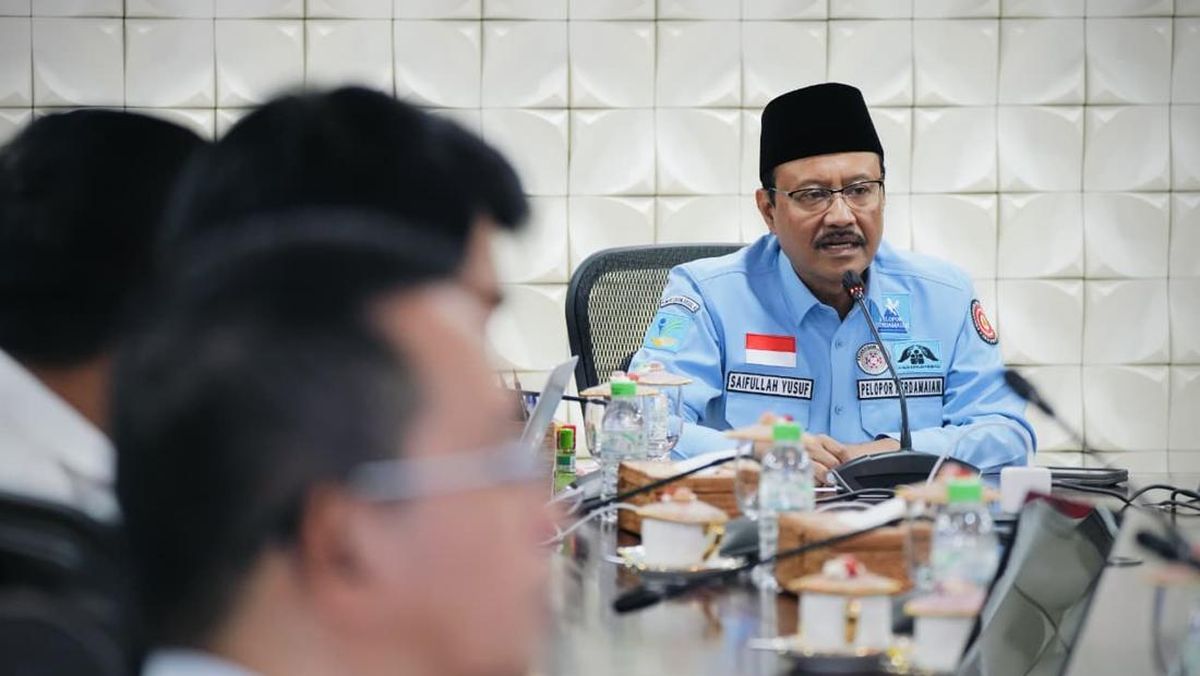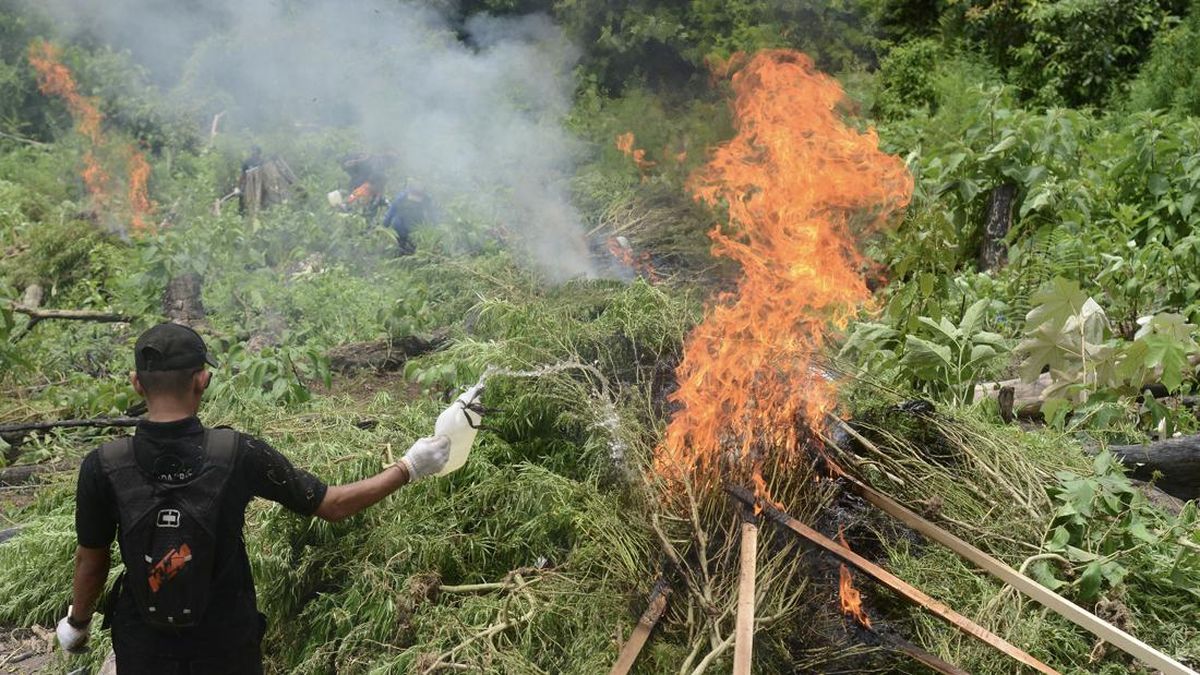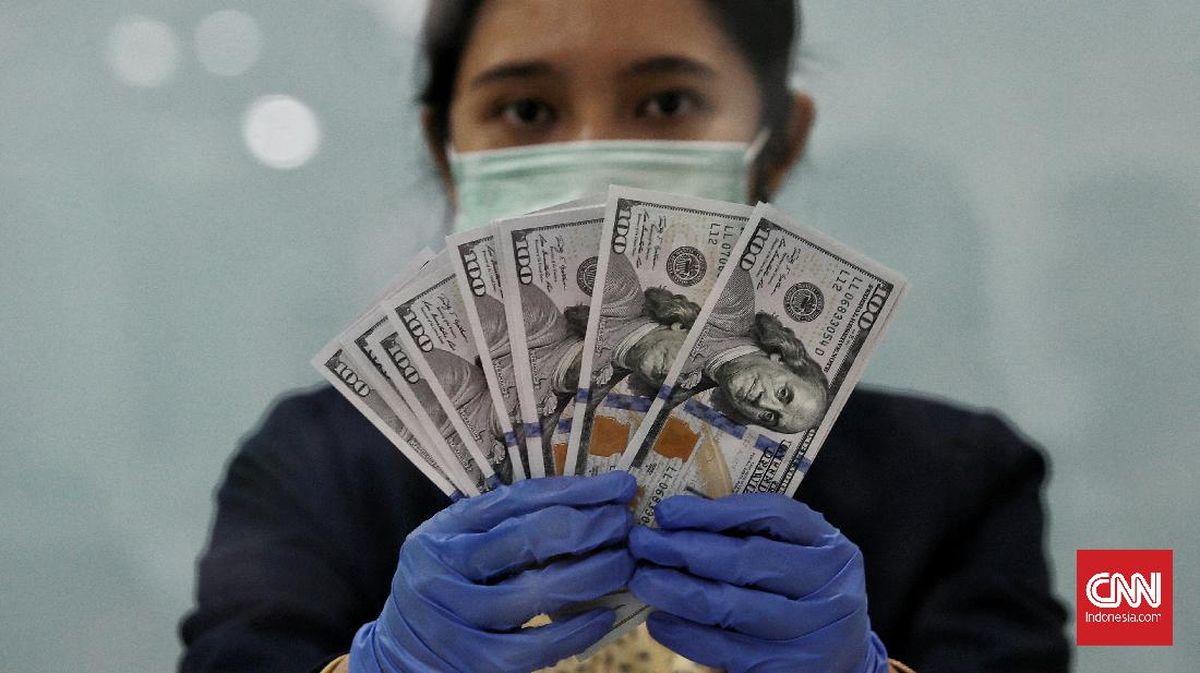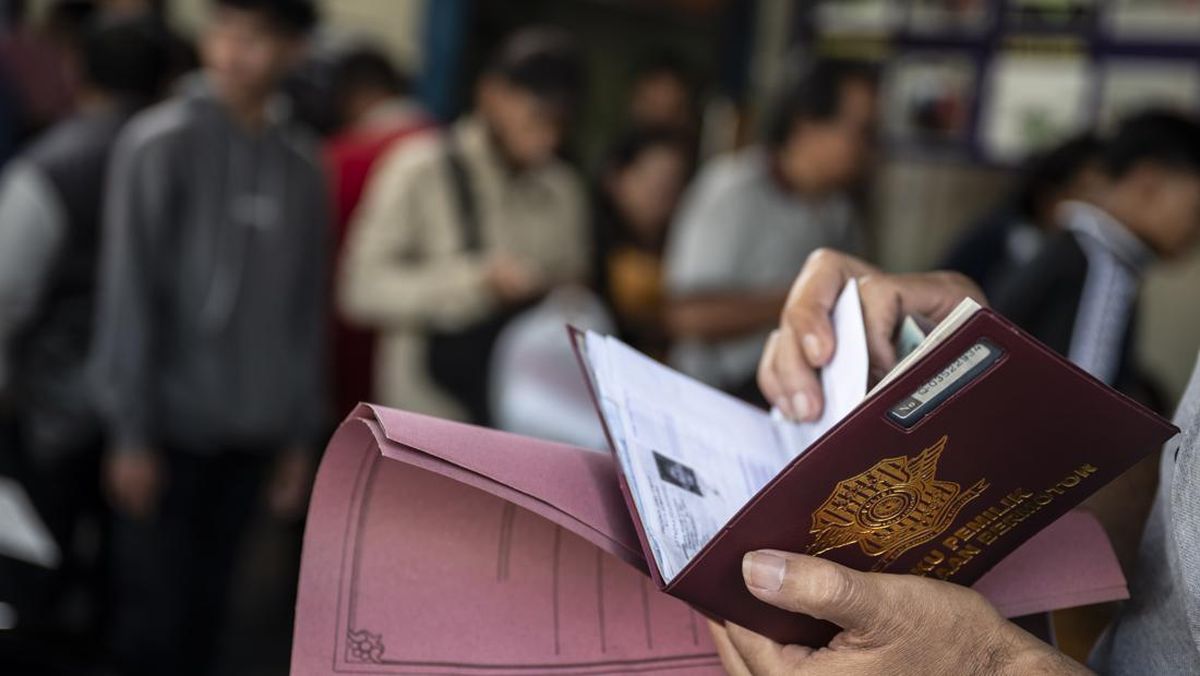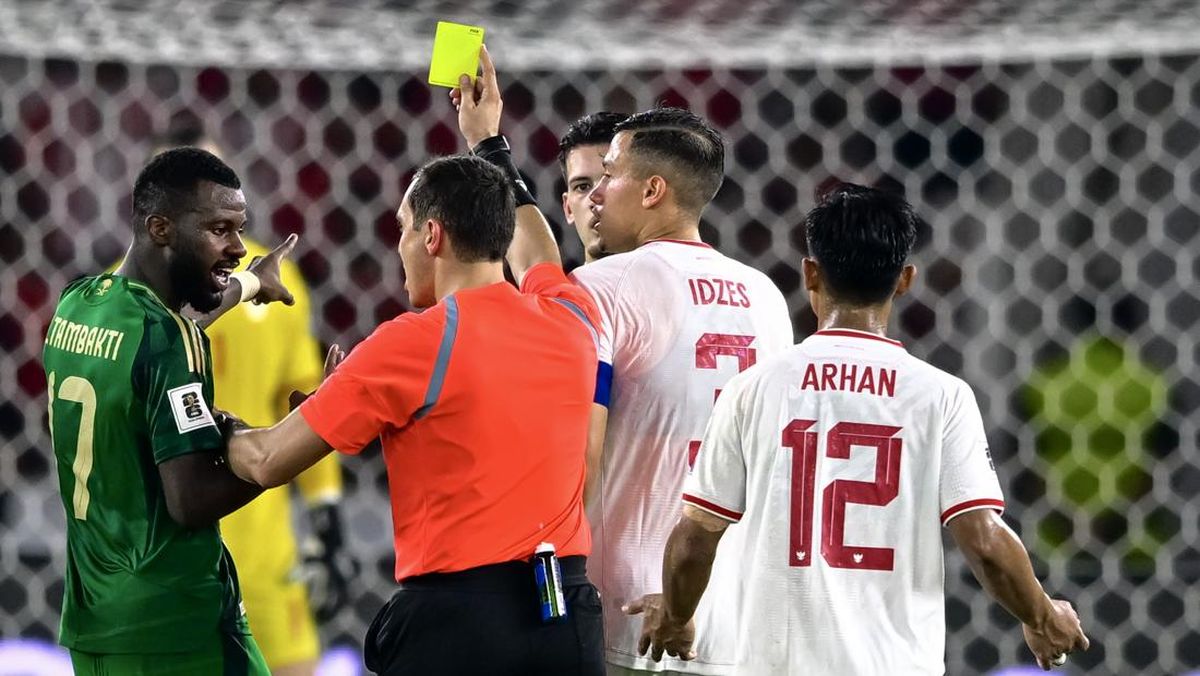“For people such as grandparents, we should not be offended if our grandchildren don’t want to have a hug,” she says. “It is about creating an environment that encourages respectful engagement with each other.”
She says children should be asked for permission and, in turn, ask permission of their friends and siblings to hold hands or share toys.
Raising Children Network director Derek McCormack also encourages parents and guardians to talk with children about bodies, relationships, respect, safety and sexual abuse because it helps them understand it and gives them skills to talk about it over time in an age-appropriate way.
“Conversations can include what feeling unsafe might feel like, and what children can do if they feel unsafe, including that it is OK to say ‘no’ if they don’t want to be touched by an adult or another child,” he says.
“Children need to know that their body is their own, as well as understanding the difference between secrets and surprises.”
Keeping secrets
Perpetrators of sexual abuse need secrecy, but children can be taught the difference between a surprise and an unsafe secret.
Surprises might be a grandmother telling a child what she is buying a sibling sister for her birthday. It’s a short-term agreement because everyone will find out about the surprise on the birthday.
But an unsafe secret makes a child feel unhappy and ‘yucky.’ These should be shared with a trusted adult.
“These open, honest conversations also send children the message that they can talk about these things and parents will listen,” McCormack says.
He says the Raising Children Network has comprehensive resources for parents including conversation starters and reading lists.
Parents can role-play with their children saying ‘no’ politely if they don’t want to do something. If undesired behaviour doesn’t stop, children are encouraged to be more assertive.
A doctor or nurse might ask to see or touch a child’s body if they are sick. That is a good reason, but only if the parent is present.
If a child shares concern, a parent or carer should repeat what the child has said to check for understanding.
“For example, ‘You don’t like it when Mrs R gives you a hug?’ or ‘You think Mr B is acting weird?’
According to the network, triggers for younger children who feel unsafe might be describing having butterflies, their heart beating faster, feeling hot or shaky or having “jelly legs”. When they feel that way it might be an early warning sign, and they need to find a trusted adult. It suggests children have four or five trusted adults they can confide in if they feel unsafe.
“Let your child know that it’s important to keep telling trusted people until someone listens and helps them feel safe,” the network says.
Starting the conversation
If it feels daunting to start these conversations with your very young child, you can begin with the basics about naming body parts. There are also age-appropriate books available for under 5s about consent and respectful relationships. Importantly, there is no need to have the whole conversation at once. Give your child room to process the information and come back to you with questions.

A conversation about identifying body parts is a good place to start.Credit: Getty Images
For parents whose children may have experienced sexual abuse, they might be feeling overwhelmed, pressured, confused, angry, horrified, disgusted, sad, betrayed, guilty or grief-stricken, according to the network.
Parents can ask for help through trusted friends and family and professionals. But, depending on the age of the victim, they should make sure the child is happy for information to be shared.
National Association for Prevention of Child Abuse and Neglect chief executive officer Leesa Waters says families impacted by the alleged crimes will be experiencing profound distress at the potential harm that has been done within their families and communities.
“While it is understandable that a sense of helplessness accompanies news such as this, it is important to remember that the prevention of child abuse is possible, and we all have a role to play to ensure our children and young people are kept safe.”
Support is available from the National Sexual Assault, Domestic Family Violence Counselling Service at 1800 RESPECT (1800 737 732).
Make the most of your health, relationships, fitness and nutrition with our Live Well newsletter. Get it in your inbox every Monday.

